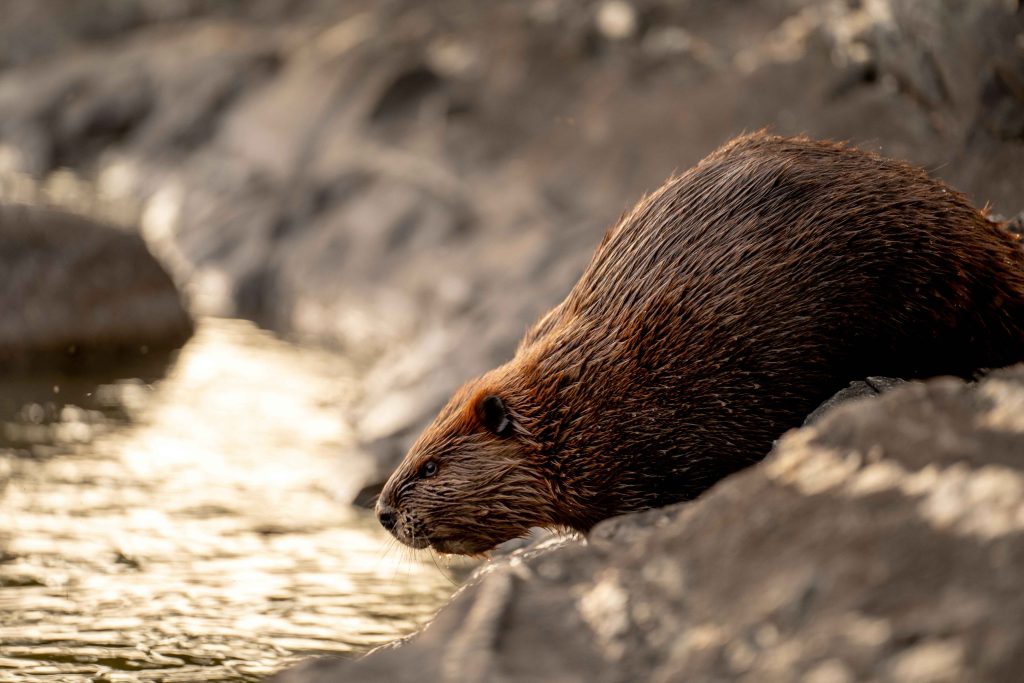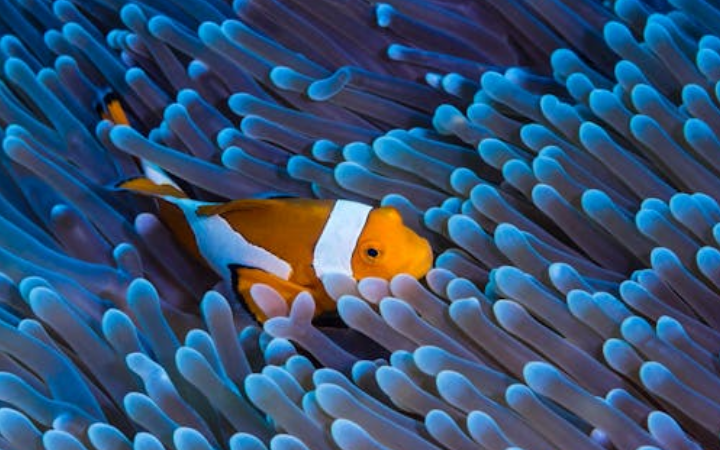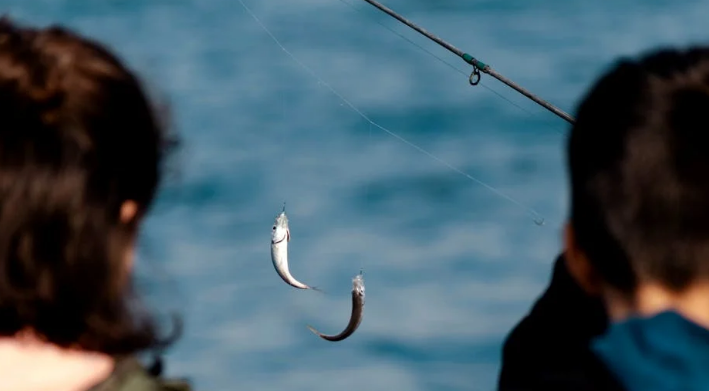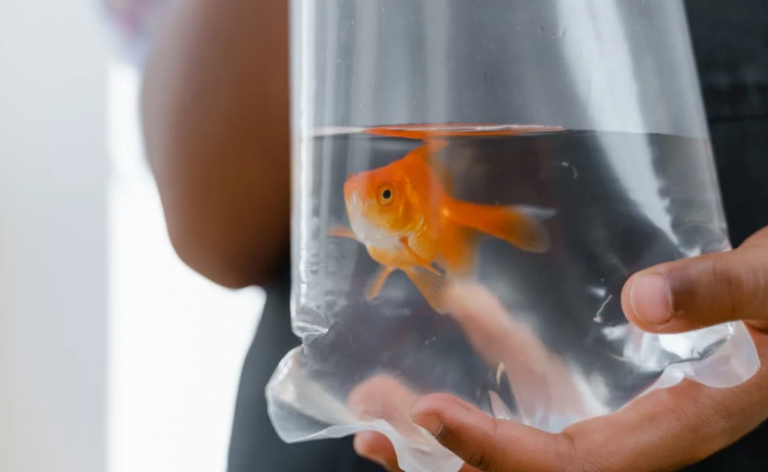Do Beavers Eat Fish? No, beavers do not eat fish. Beavers are herbivores, which means they only eat plant-based foods. Their diet mainly consists of tree bark, leaves, twigs, and aquatic plants. Despite living in aquatic environments where fish are abundant, beavers do not consume them. In this article, we will delve into the details of the beaver’s diet, their behavior, and the ecosystem roles they play.
Understanding Beaver Diet

What Do Beavers Eat?
Beavers primarily feed on the inner bark of trees, known as cambium. They particularly favor softwood trees such as aspen, willow, birch, and poplar. In addition to tree bark, beavers also consume leaves, twigs, and aquatic plants like water lilies, pondweed, and cattails. During winter, when fresh vegetation is scarce, beavers rely on food caches they have stored underwater, ensuring they have access to sustenance even when the surface is frozen.
Why Don’t Beavers Eat Fish?
Beavers are strictly herbivorous animals. Their digestive systems are adapted to process plant material efficiently. Unlike omnivores or carnivores, beavers lack the necessary enzymes and digestive capabilities to break down animal proteins found in fish. This strict herbivorous diet helps beavers fulfill their nutritional needs and maintain their energy levels.
Beaver Behavior
Building Dams and Lodges
One of the most notable behaviors of beavers is their ability to construct dams and lodges. These structures serve multiple purposes: they create a safe living environment, provide access to food, and offer protection from predators. Beavers build their dams using branches, mud, and stones, effectively altering the flow of rivers and creating ponds. This modification of their habitat allows them to access their food sources more easily and safely.
Family Life and Social Structure
Beavers are known for their strong family bonds. A typical beaver colony consists of a pair of adult beavers and their offspring, known as kits. The family works together to maintain and expand their living environment. The parents teach the young beavers essential skills, such as dam building and foraging. The kits stay with their parents for about two years before leaving to establish their own territories.
Ecosystem Impact
Positive Effects on the Environment
Beavers play a crucial role in their ecosystems. Their dam-building activities create wetlands, which provide habitats for a variety of wildlife, including birds, fish, and amphibians. These wetlands also help to filter and purify water, reduce erosion, and increase groundwater recharge. The ponds created by beaver dams can support a diverse range of plant and animal species, enhancing biodiversity in the area.
Potential Challenges
While beavers have many positive effects on the environment, their activities can sometimes lead to conflicts with humans. Beavers may cause flooding of agricultural lands, roads, and properties by building dams. In such cases, wildlife management agencies often step in to mitigate these conflicts, either by relocating the beavers or by installing devices to control water levels without harming the animals.
The Misconception of Beavers Eating Fish
Common Myths and Misunderstandings
The misconception that beavers eat fish likely arises from their aquatic lifestyle. Because they spend so much time in water and build structures that affect aquatic environments, it’s easy to assume they might consume fish. However, as herbivores, beavers have no interest in fish and do not have the biological adaptations to process them as food.
Clarifying the Facts
To better understand beavers, it’s important to distinguish between their diet and their impact on aquatic habitats. Beavers create environments that can benefit fish populations by providing calm, deep water and creating new spawning grounds. This indirect relationship can improve the health of fish communities, but it does not mean that beavers eat fish themselves.
Conclusion
Beavers are fascinating creatures with a significant impact on their ecosystems. Despite common misconceptions, they do not eat fish. Their diet is entirely plant-based, focusing on tree bark, leaves, twigs, and aquatic plants. Beavers’ activities, such as dam building, contribute to environmental health by creating wetlands and supporting biodiversity. Understanding the true nature of beavers helps appreciate their role in nature and the importance of coexisting with these industrious animals.



